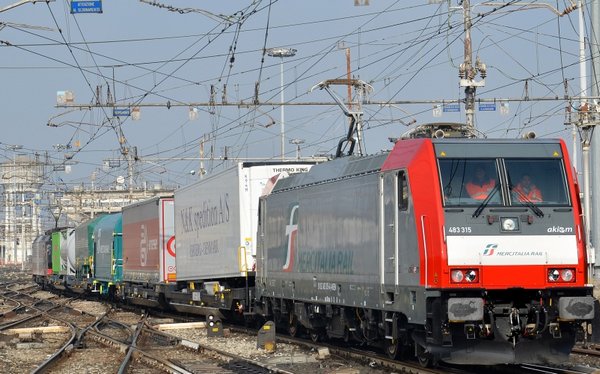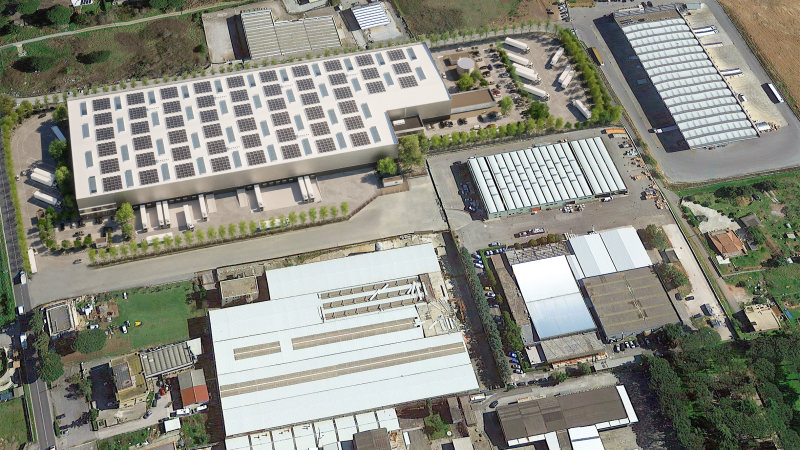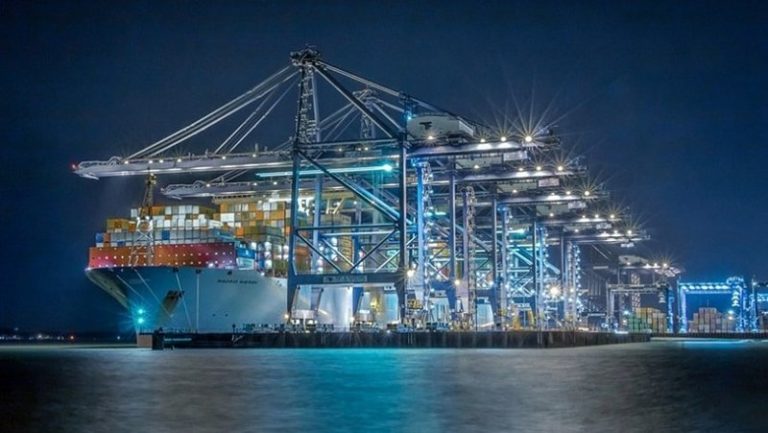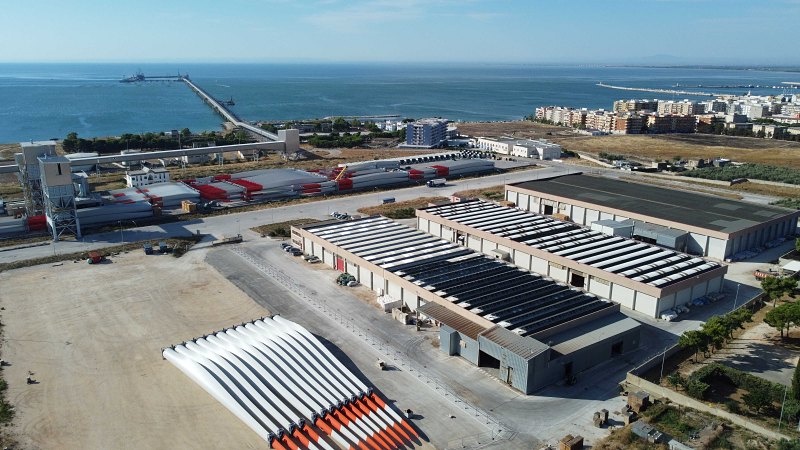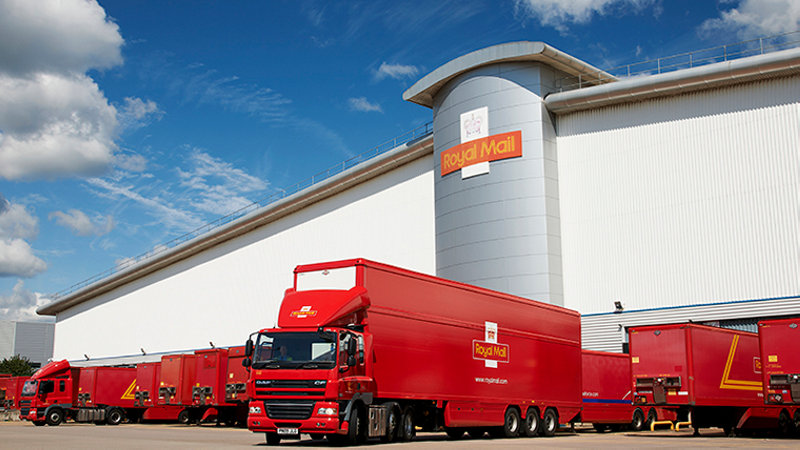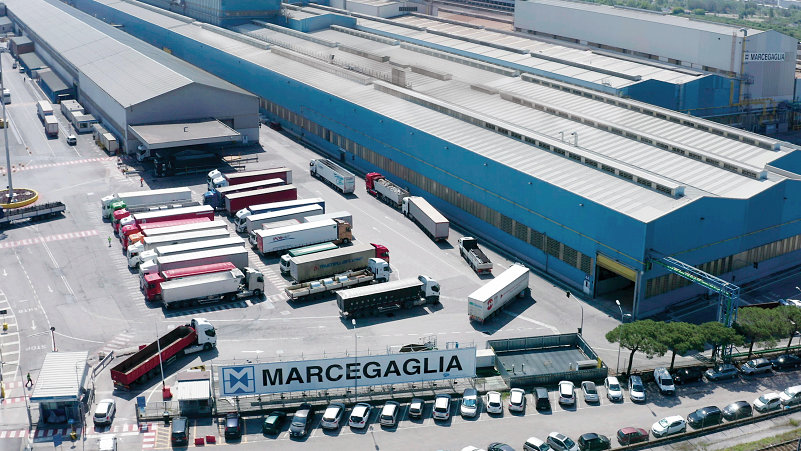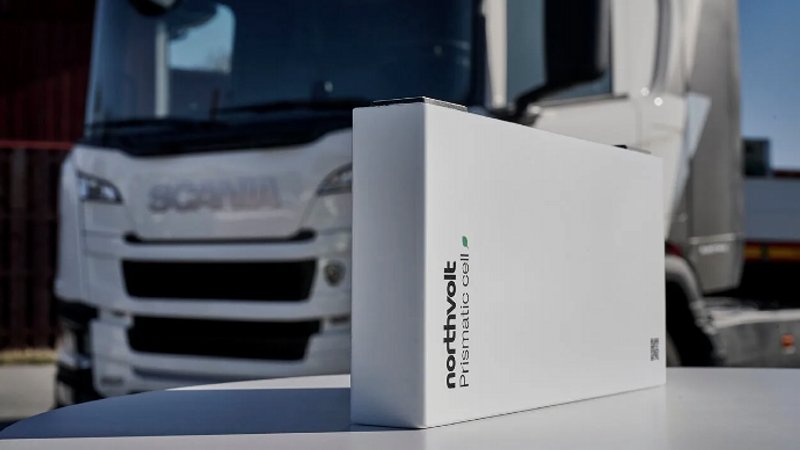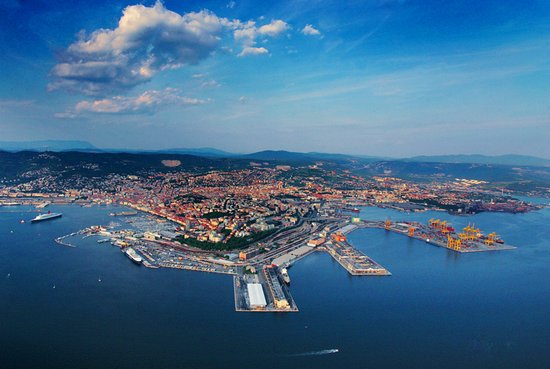On 6 February 2025, the A.P. Moller-Maersk Group released its 2024 financial results, showing an operating profit (Ebit) of $6.5 billion, an impressive 65% increase compared to the previous year. Consolidated revenues reached $55.5 billion, up from $51.1 billion in 2023. The Danish company explained that these results were primarily driven by its Ocean division (container shipping), which benefited from a sharp rise in demand and increased freight rates, particularly due to the Red Sea crisis and favourable market conditions.
Specifically, the Ocean division generated $37.388 billion in revenue, compared to $33.653 billion the previous year, with its Ebit nearly doubling from $2.227 billion to $4.743 billion. In terms of revenue, the Logistics & Services division followed, reaching $14.920 billion (up from $13.916 billion in 2023) and producing an Ebit of $538 million (compared to $446 million in 2023). Terminal operations generated revenues of $4.465 billion (up from $3.844 billion in 2023) and an Ebit of $1.329 billion (compared to $980 million the previous year). To arrive at the consolidated revenue, $1.291 billion must be subtracted for unallocated or eliminated activities.
Looking ahead, Maersk anticipates a 4% increase in global container transport volumes for 2025, aiming to grow in line with the market. Financial projections for the coming year indicate an Ebitda between $6 billion and $9 billion and an Ebit ranging from zero to $3 billion. In terms of investments, the Danish Group expects a free cash outflow of approximately $3 billion in 2025, with capital expenditures between $10 billion and $11 billion over the 2025-2026 period. These investments are intended to strengthen logistical infrastructure, enhance operational efficiency, and accelerate the transition towards more sustainable solutions in the maritime transport sector.
Presenting the 2024 results, Maersk’s CEO, Vincent Clerc, emphasised how the company successfully navigated a global environment marked by geopolitical uncertainties and economic challenges. Its ability to ensure stability in supply chains led to record customer satisfaction, reaffirming the group’s leadership in the transport and logistics sector.


